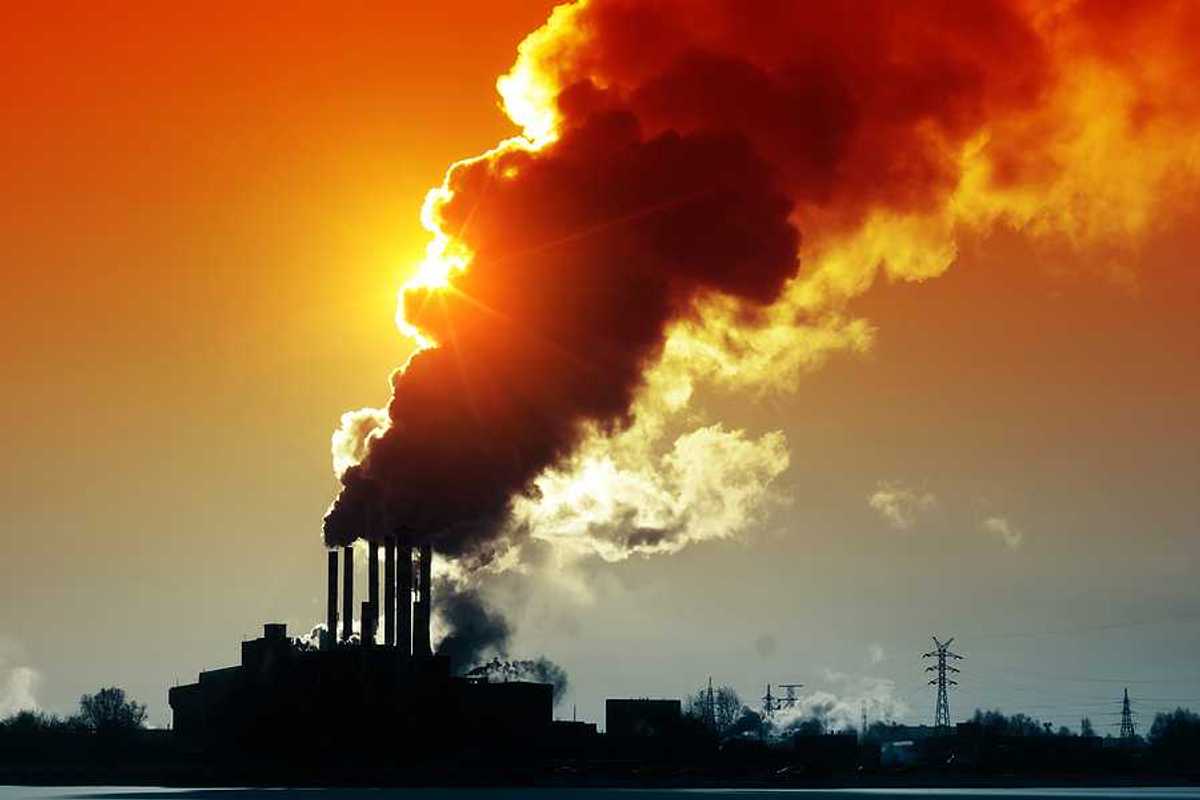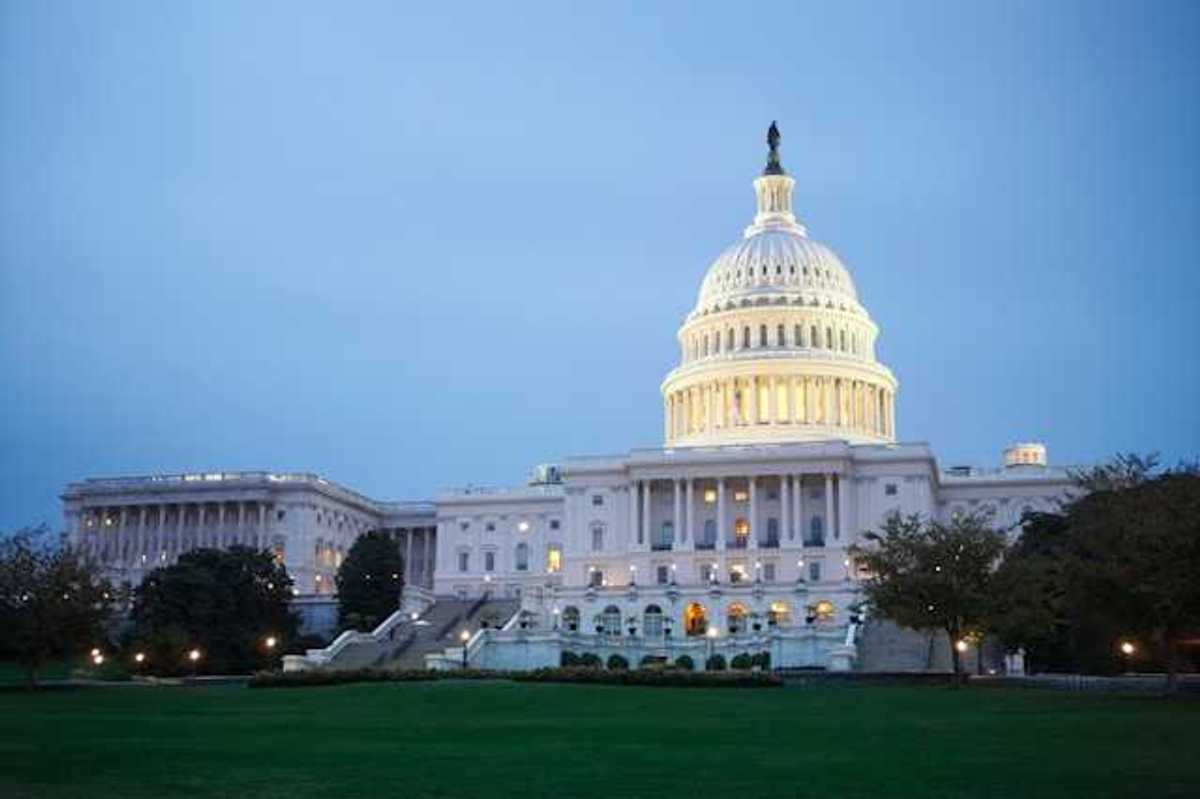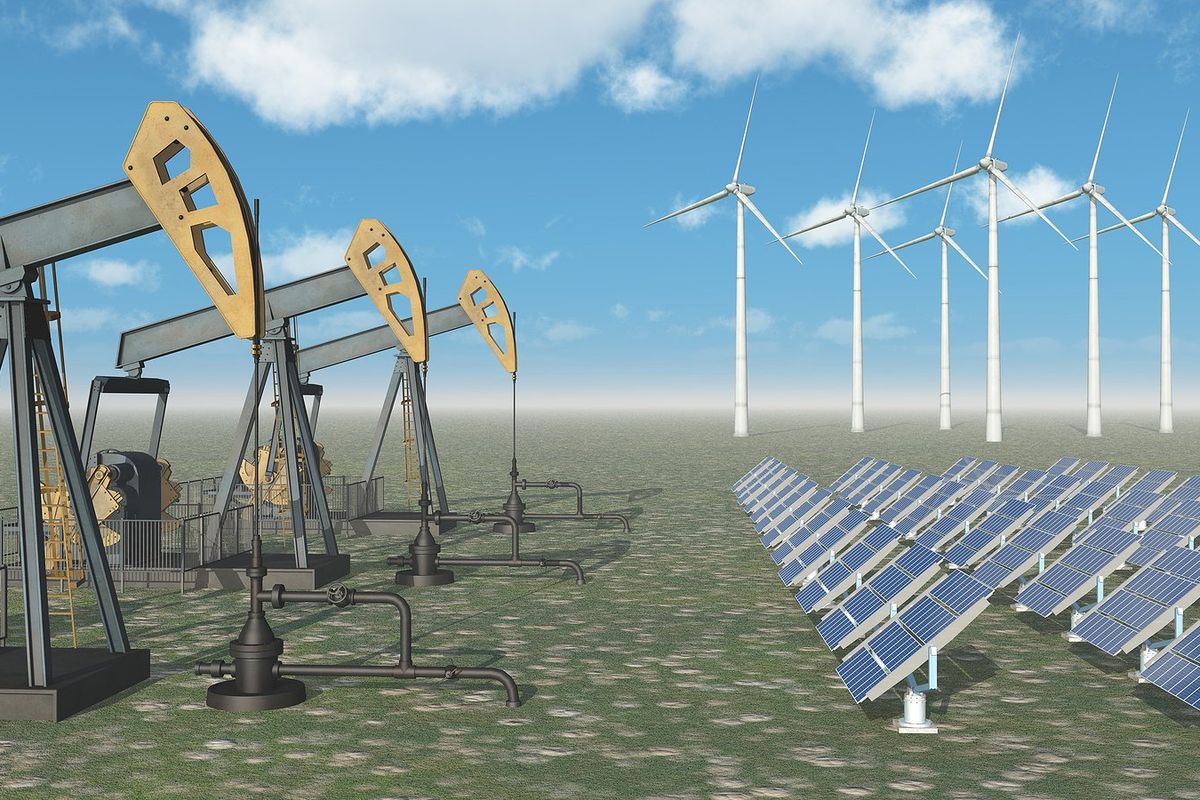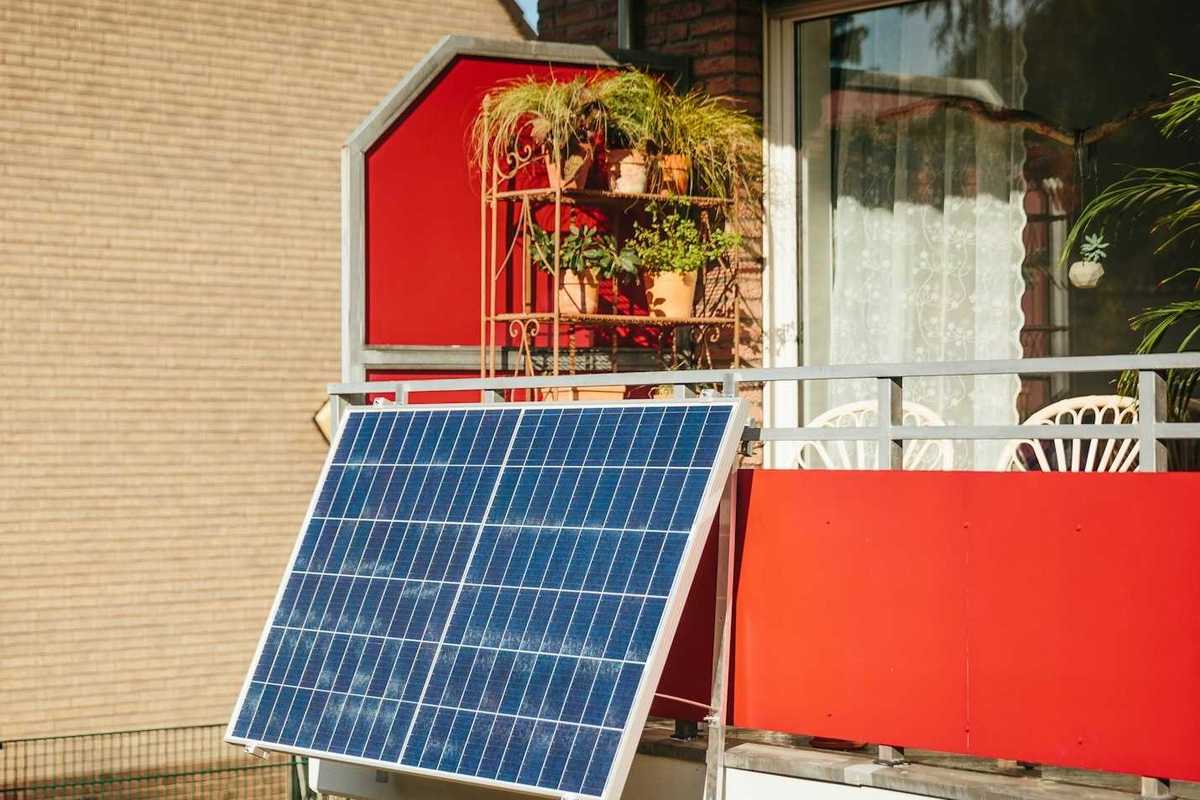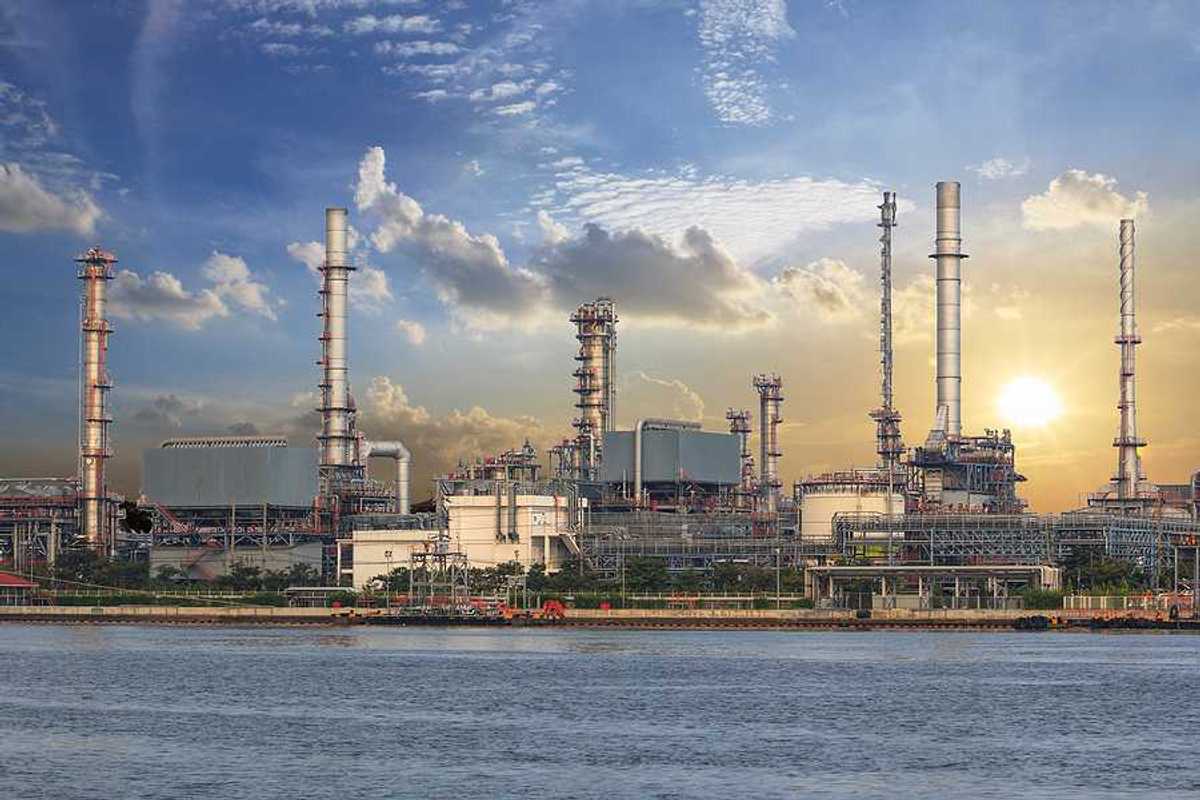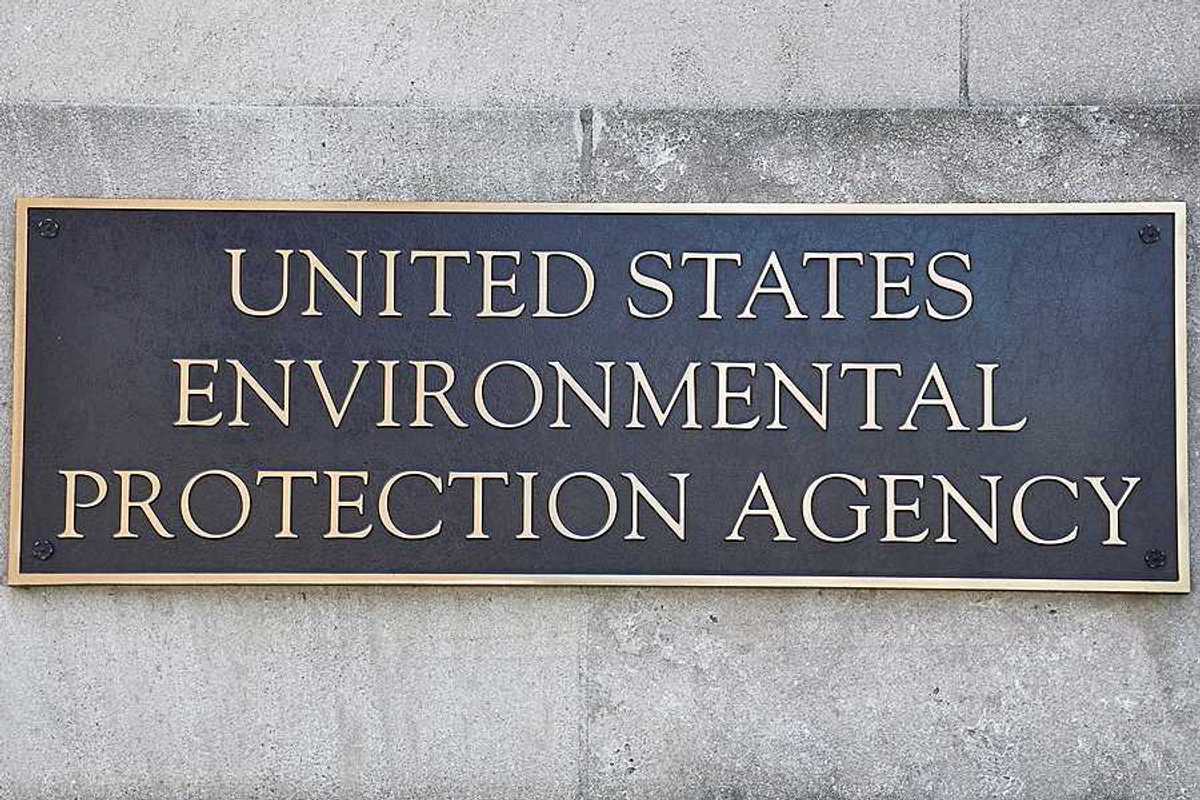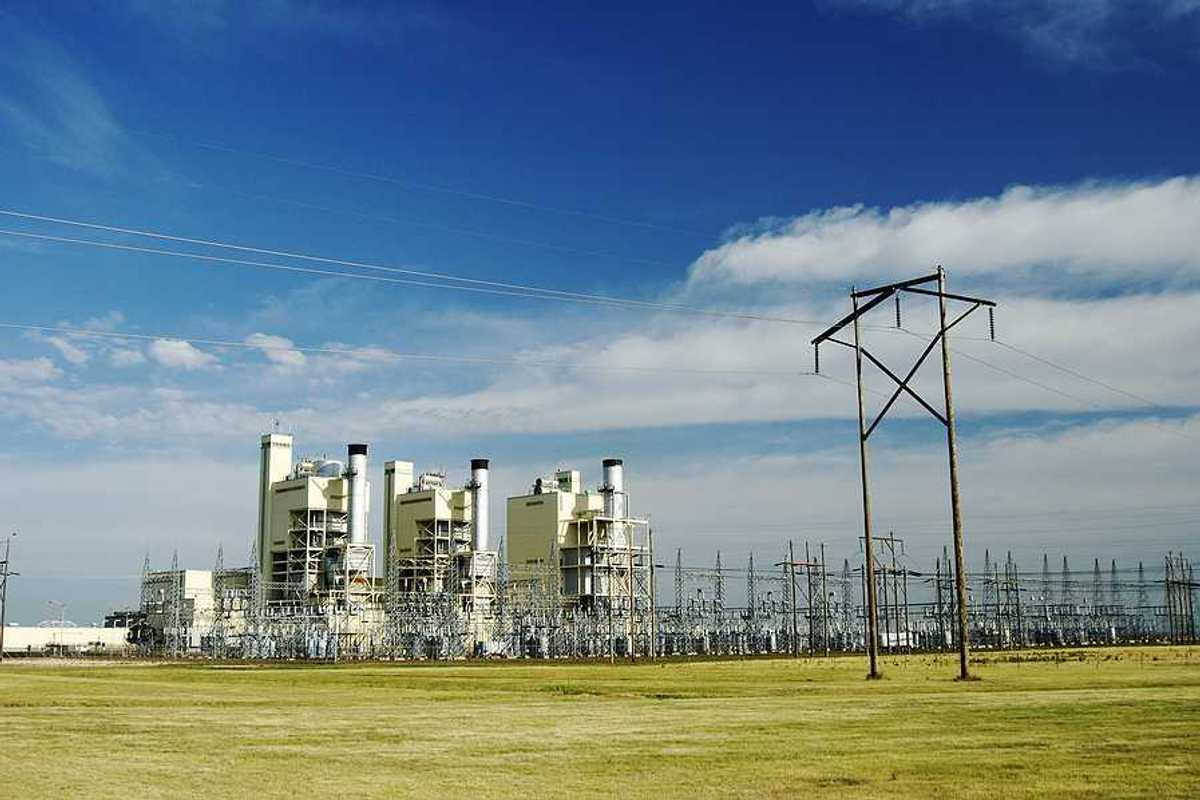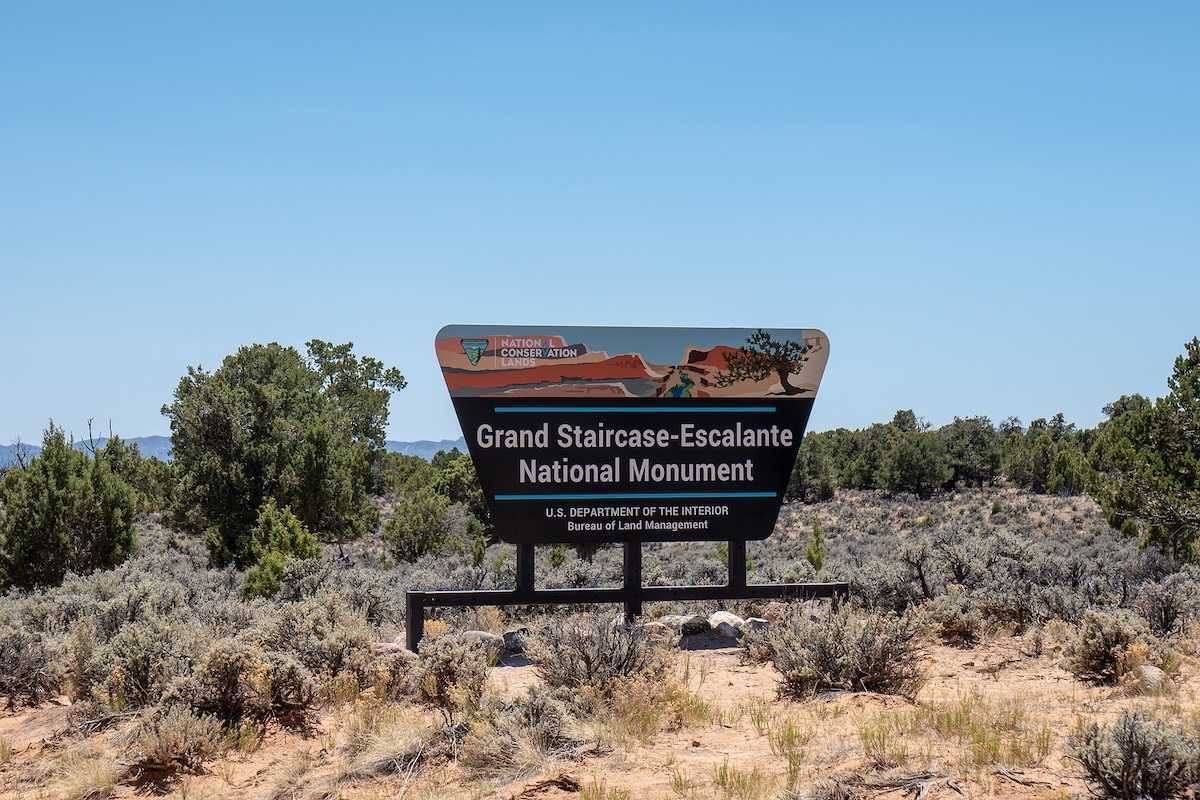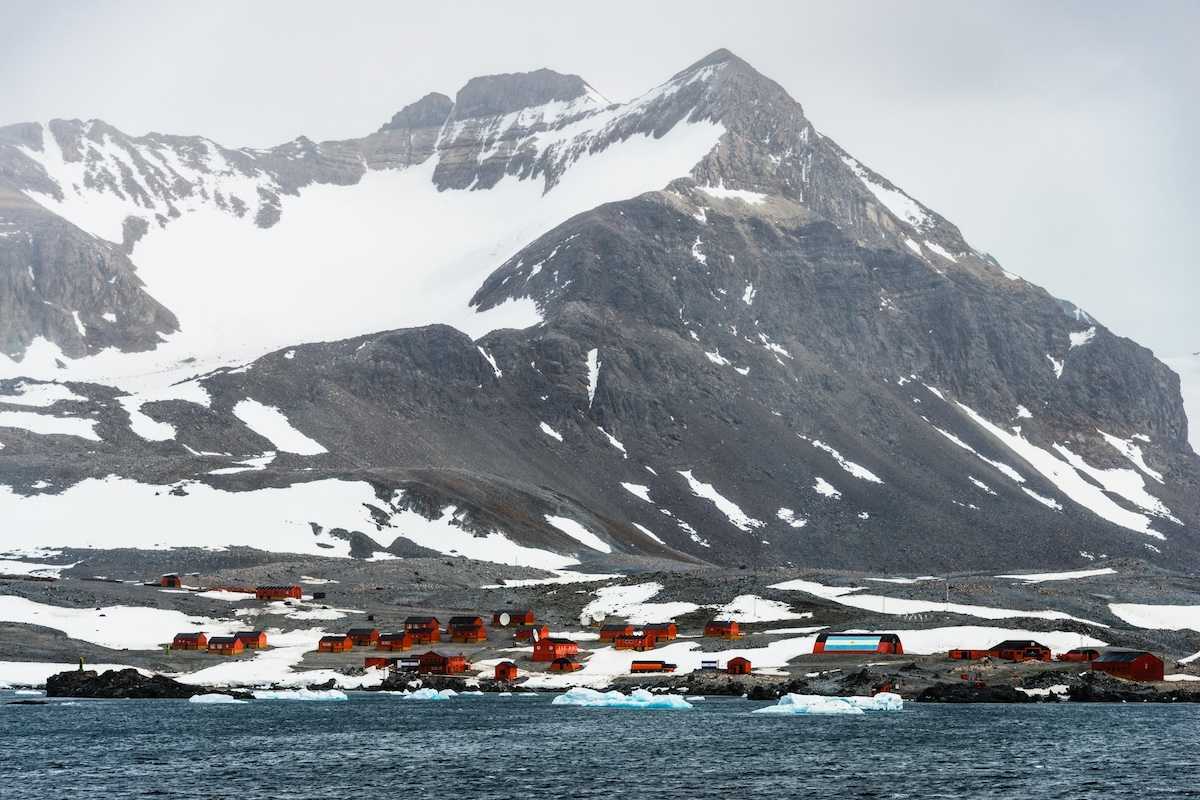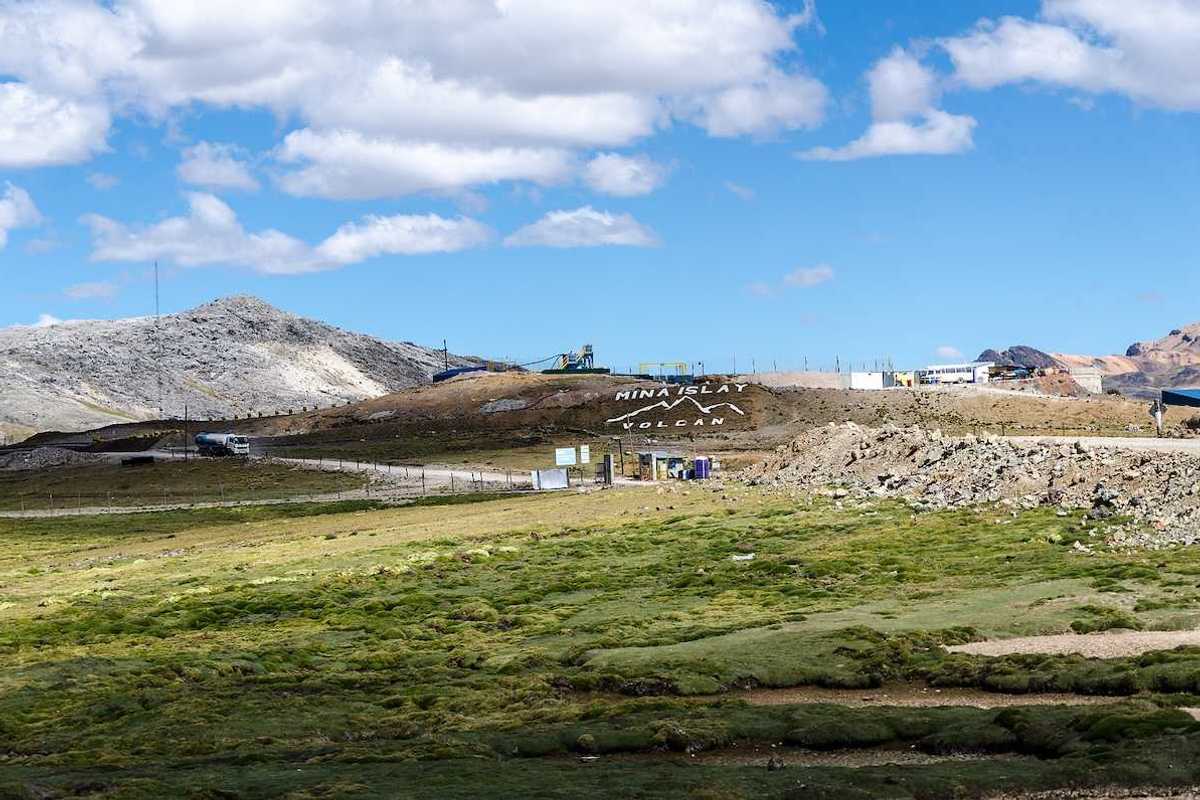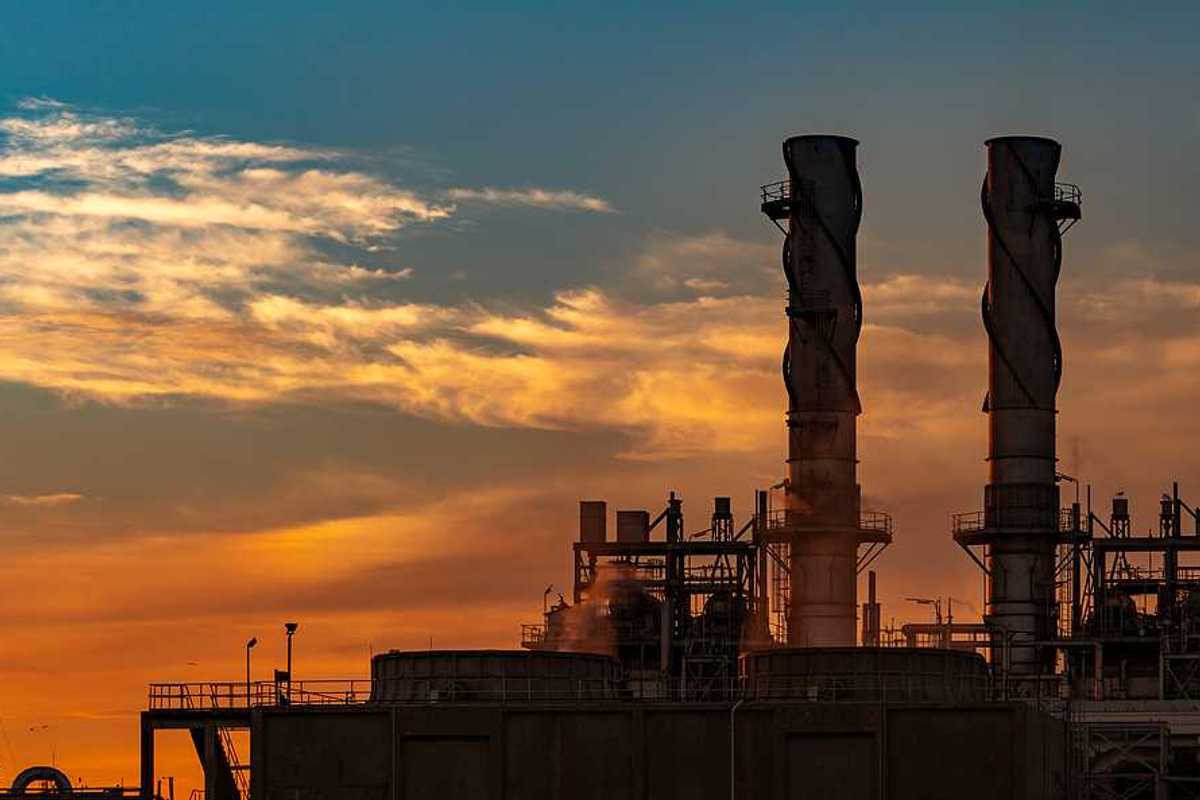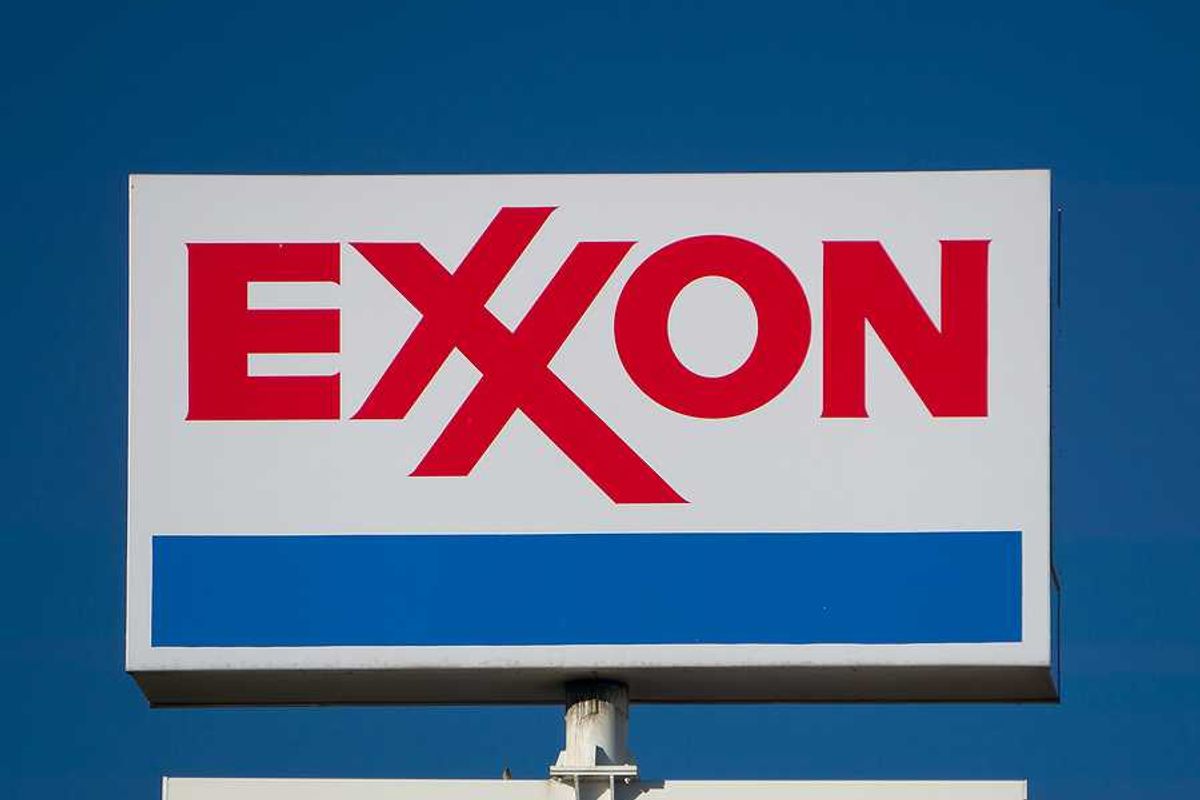Emissions of sulfur dioxide increased by 18% in 2025, according to an analysis of U.S. Environmental Protection Agency data by the Natural Resources Defense Council, an environmental advocacy group.
Politics
The president’s far-reaching speech ignored climate change but not its impacts.
Utah Republicans are calling for an energy "divorce" from blue states. A major utility just granted part of their wish.
In more than half of U.S. states, Republican and Democratic lawmakers have introduced legislation that would boost adoption of DIY solar systems.
For decades, the Valero refinery shaped Benicia’s economy, politics and health. Now the city has become a reluctant test case of whether an oil town can reinvent itself
Proposed Endangered Species Act rollbacks and military expansions are leaving the Pacific’s most diverse coral reefs legally defenseless.
The move to cut more workers will further cement the administration’s deregulatory agenda for a smaller agency.
The Canadian government requires provinces to shutter coal-fired power plants by 2030, but the Prairie province is refurbishing its fossil fuel fleet.
Democratic senators on the Energy and Natural Resources Committee keyed in on Steve Pearce's previous statements about public land selloffs.
The work that more than a dozen local governments have undertaken over the past 15 years to combat climate change could be eliminated if legislation making its way to the floor of the Florida House gets passed into law later this year.
he Supreme Court heard arguments this week over whether Enbridge can move Michigan’s lawsuit to shut down the Line 5 oil pipeline from state to federal court, a procedural battle that could shape the future of the aging pipeline beneath the Great Lakes.
Mining is banned on the frozen continent. But new research suggests that could change as ice melts and land and valuable minerals are exposed.
Researchers find long-term exposure to mining pollution is associated with significant cognitive impairment in Peruvian children.
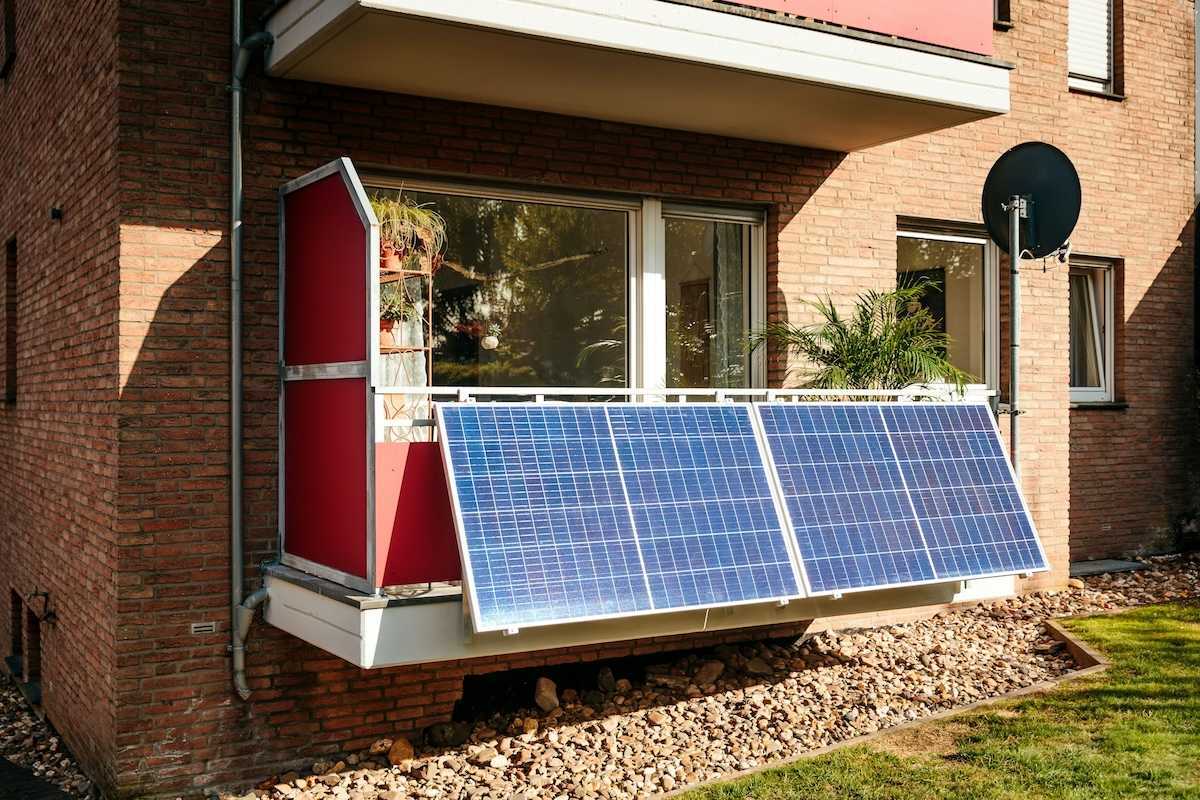
The DIY solar hack arriving in US homes
26 February
Americans are embracing easy, plug‑and‑play solar units that slash energy costs — even as Washington tries to slow the clean‑energy shift.

Podcast: Why science communication fails
25 February
In this episode of The Great Simplification, researcher John Cook explains why simply debunking false claims can backfire and how identity, tribalism and flawed reasoning shape what science people accept.
Amid a lengthy State of the Union speech, President Trump pledged to shield Americans from higher electricity costs driven by energy-thirsty AI data centers.
Though the companies weren't granted exemptions, their requests illustrate the data center industry's desperate quest for energy.
Justice Samuel Alito did not recuse himself from considering the petition, despite significant financial conflicts of interest in implicated cases.
Journalism that drives the discussion
Copyright © 2017 Environmental Health Sciences. All rights reserved.
Copyright © 2017 Environmental Health Sciences. All rights reserved.

